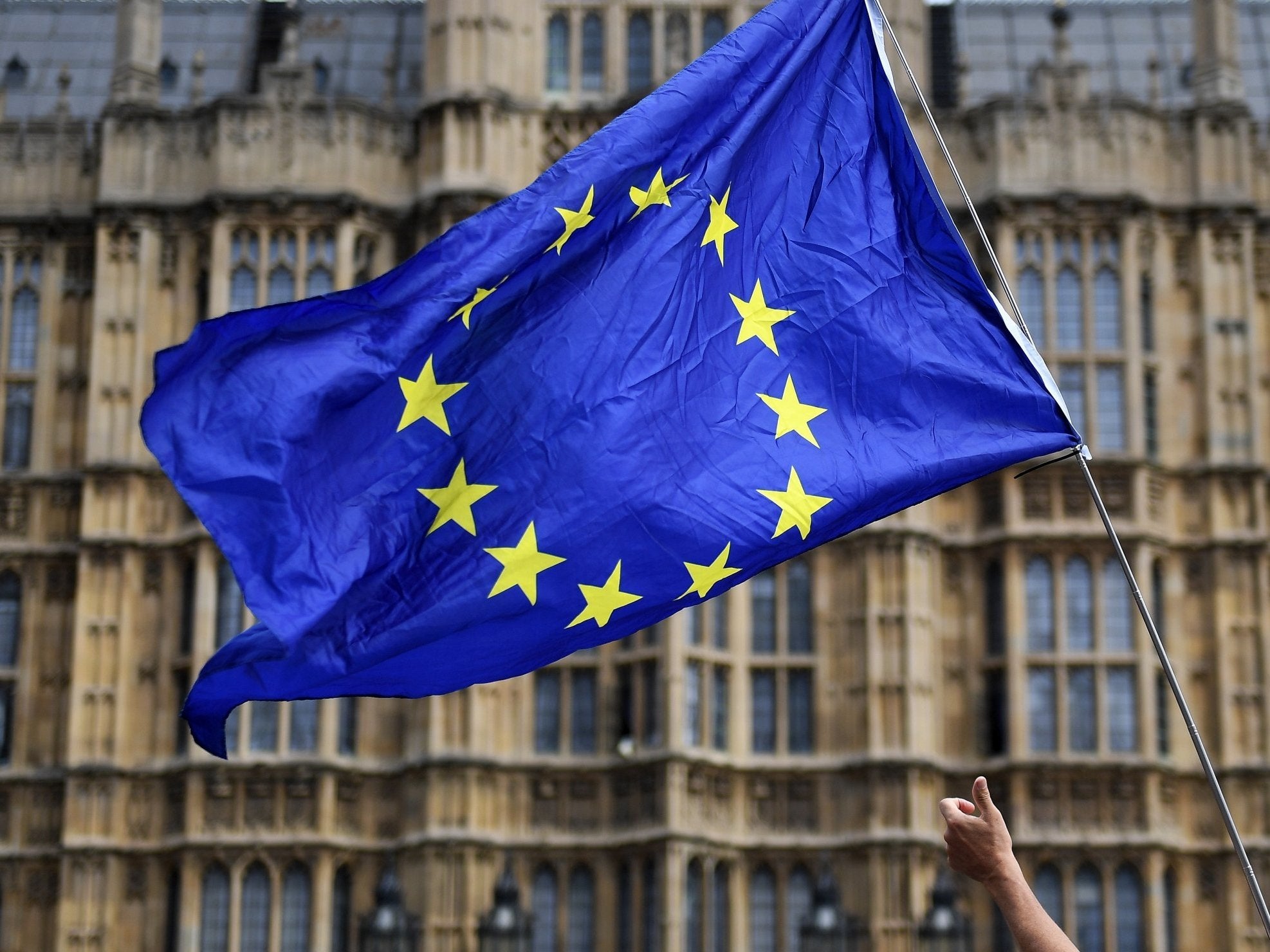Increase in financial red tape will leave small businesses struggling, top trader warns
This follows the implementation of the EU’s regulatory reform 'MiFID II' which contains over 1.4 million paragraphs of rules

A huge increase in financial red tape risks sending smaller firms to the wall, a top trader has warned.
With reams of regulation getting rolled out year on year, the notion of “too big to fail” has been replaced with “too small to comply” as fledgling firms struggle to keep up.
The assessment follows the implementation earlier this year of the EU’s regulatory reform known as Markets in Financial Instruments Directive 2 (MiFID II) which contains over 1.4 million paragraphs of rules.
Daniel Schlaepfer, CEO of day trading firm Select Vantage Inc, which trades upwards of $3bn (£2.3bn) daily, says the regulation has left medium- and smaller-sized firms struggling to cope with the costs associated with complying.
He said: “Financial regulation should be designed to make markets more efficient. Imperfect competition created as a result of heavy-handed regulation decreases market efficiency.
“This is the case with the recent MiFID II regulation in the EU. Small and medium sized firms are disadvantaged because they can’t compete when the costs of complying with regulation are so high.
“We are repeating the mistakes of the past by creating firms that are ‘too big to fail’ through this massive consolidation.”
There were over 50,000 regulatory updates introduced in 2015 – double that of 2012.
Banks spent over $100bn (£78.3bn) on regulatory compliance in 2016, and according to Mr Schlaepfer, that figure is only set to rise.
He said: “We need to rationalise how we do regulation at a global level.
“Nimble and iterative regulation, devised to guide markets rather than dictate to them, will foster the most growth and will impact small firms the least.
“If the cost of regulation continues to grow unchecked, it will begin to defeat the very purpose for which it exists.
“A decade after the crash, a direct consequence of regulation aimed at dismantling the cult of ‘too big to fail’ has been the struggle of younger firms who are increasingly ‘too small to comply’.”
South West News Service
Join our commenting forum
Join thought-provoking conversations, follow other Independent readers and see their replies
Comments
Bookmark popover
Removed from bookmarks